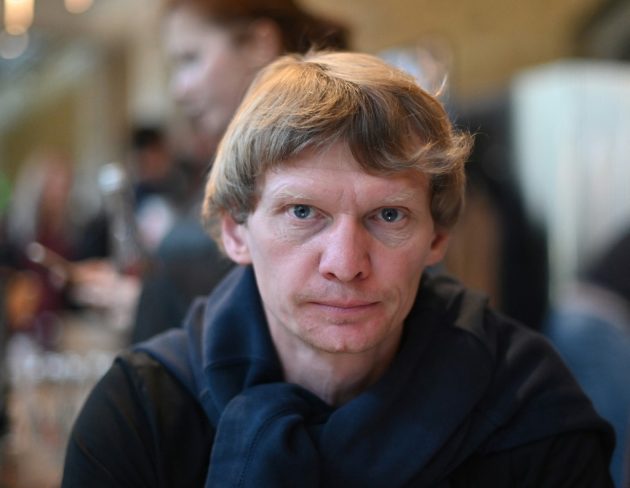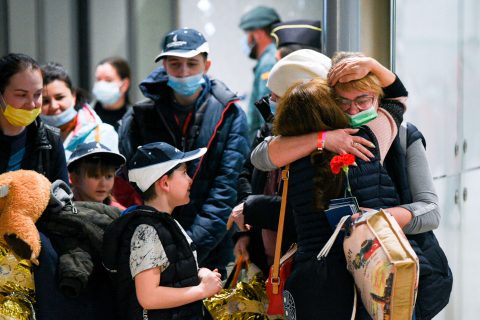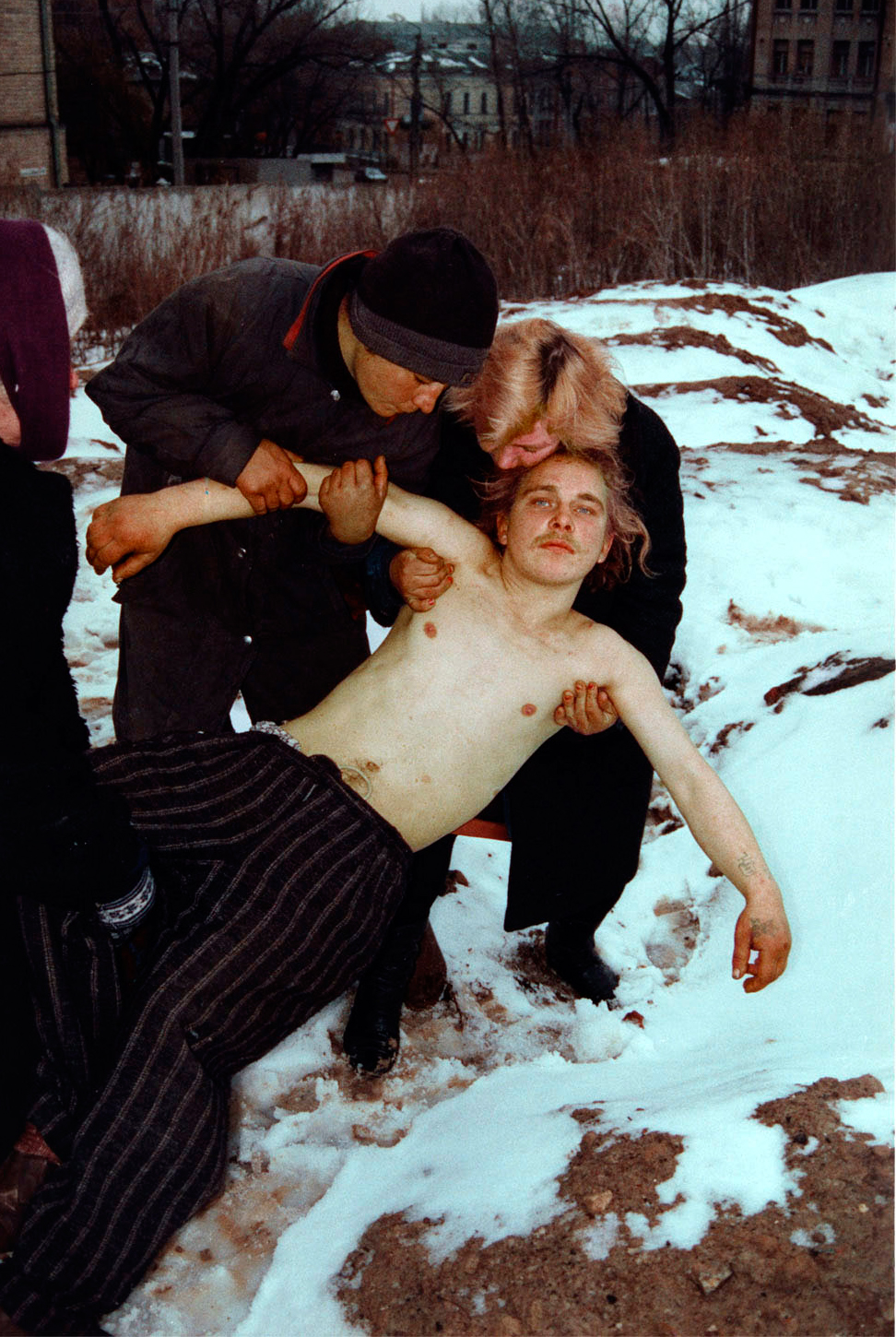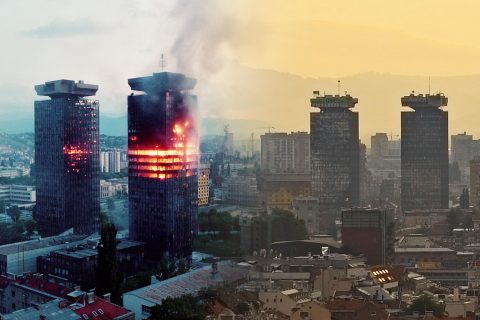Ukrainian journalist Maks Levin was executed by Russian military, “Reporters Without Borders” states

The international human rights organization Reporters Without Borders (RSF) investigated the death of Maks Levin and published a report concluding that on March 13, the photojournalist and his friend Oleksiy Chernyshov were executed in cold blood by Russian soldiers in a forest near Kyiv. RSF presumes that Maks Levin was probably interrogated and tortured.
The bodies of the killed men were found on April 1 near the village of Moshchun, an area of active combat. To look into the causes of their deaths, the organization’s experts arrived in Ukraine on May 24. Arnaud Froger, the head of RSF’s investigation desk, and Patrick Chauvel, a French war photoreporter who had worked with Levin in Donbas finished their investigation on June 3.
The report states that on the first day of the full-scale invasion, Maks Levin contacted a group of soldiers he had known because he wanted to cover this war on the frontline. On March 10, the journalist lost his drone in the forest near Moshchun while trying to get footage from Russia’s military invasion in the area.
Three days later, the Russians were already occupying part of the forest. Despite that, Levin was determined to recover his drone because he was convinced that the last images it had taken were very important. He did not find the drone. On March 12, Levin went with some soldiers to Demydiv. On the next day, he sent his last message when he was west of the village of Huta-Mezhyhirs’ka.
At the crime scene, the investigators found Levin’s car, which had bullet impacts and burnt, several bullets, and the identity documents of his friend from the military Oleksiy Chernyshov. Moreover, the experts obtained several items (namely, plastic cutlery and food packaging) with DNA traces that attest to the involvement of Russian soldiers. At the last stage of the investigation, metal detectors discovered a bullet that likely killed Maks Levin.
The experts consider it an execution because the photojournalist’s body had no traces of burns he could have received when his car went on fire. Levin was shot twice in the chest and once in the head. His body was lying on its back: the positioning of his body also points to the fact that he didn’t randomly come under enemy fire. Levin’s mobile phone, papers, shoes, and bulletproof vest were not found at the crime scene; they were probably stolen by Russian soldiers.
The organization states that while the investigators could not find the answers to all their questions, the available data suggest that those responsible for murdering the photojournalist may have been members of the Russian Guard’s 106th airborne division or a special forces unit. The obtained evidence was provided to the Security Service of Ukraine (SBU).
“Analysis of the photos of the crime scene, the observations made on the spot and the material evidence recovered clearly point to an execution that may have been preceded by interrogation or even acts of torture. In the context of a war heavily marked by propaganda and Kremlin censorship, Maks Levin and his friend paid with their lives for their fight for reliable information. We owe them the truth. And we will fight to identify and find those who executed them,” said Director General of Reporters Without Borders Christophe Deloire.
Photo: Genya Savilov / AFP








